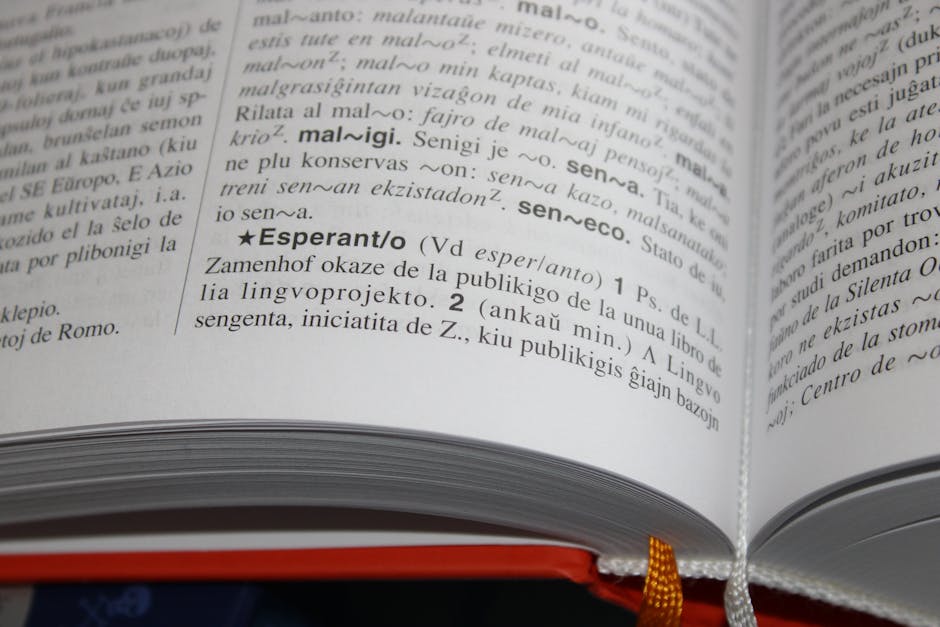The Importance of Accurate Compliance Translation in Global Markets
The Importance of Accurate Compliance Translation in Global Markets
Blog Article

In today’s interconnected world, businesses are expanding their reach across borders, navigating the complexities of global markets. As companies strive to operate in multiple jurisdictions, the necessity for accurate compliance translation becomes increasingly critical. Compliance documents, which include regulatory guidelines, legal contracts, and corporate policies, must be translated with precision to ensure that businesses adhere to local laws and standards. This article will explore the significance of compliance translation in global business operations, outline best practices for translating these essential documents, and provide guidance on selecting the right translation service for compliance needs.
The Importance of Accurate Compliance Translation in Global Markets
Effective compliance is paramount for any organization seeking to thrive in international markets. Inaccuracies in translated compliance documents can lead to misunderstandings, legal complications, and costly penalties. Each country has its own regulations, and businesses must ensure that their policies and practices align with local laws. This is where global compliance translation plays a vital role.
Accurate translations not only facilitate adherence to laws but also foster trust with stakeholders, clients, and partners. When compliance documents are translated correctly, they reflect the company’s commitment to integrity and transparency, which is essential for building strong relationships in diverse markets. Furthermore, compliance translations help mitigate risks associated with non-compliance, allowing businesses to focus on growth and innovation.
Best Practices for Translating Compliance Documents
To achieve effective translation for global compliance, organizations should consider the following best practices:
1. Understand the Regulatory Landscape
Before embarking on the translation process, it is crucial to have a thorough understanding of the regulatory environment in the target market. This includes knowing the specific compliance requirements that must be addressed in the translation. Engaging with local legal experts can provide valuable insights into the nuances of the regulations.
2. Collaborate with Bilingual Compliance Experts
Translation for global compliance should ideally involve professionals who not only have language proficiency but also possess a deep understanding of compliance-related terminology and concepts. Collaborating with bilingual compliance experts can help ensure that the translated documents are accurate and contextually relevant.
3. Maintain Consistency in Terminology
Consistency is key when it comes to compliance documents. Establishing a glossary of terms that are commonly used across all translated materials can help maintain uniformity. This practice minimizes the risk of misinterpretation and reinforces the credibility of the organization.
4. Implement a Quality Assurance Process
A robust quality assurance process is essential for ensuring the accuracy of translated compliance documents. This may include multiple rounds of review by qualified linguists, subject matter experts, and legal advisors. By implementing a thorough QA process, businesses can identify and rectify any errors before the documents are finalized.
Choosing the Right Translation Service for Compliance Needs
Selecting a translation service that specializes in compliance materials is a crucial step for businesses looking to navigate global markets effectively. Here are some factors to consider:
1. Specialization in Compliance Translation
Look for a translation service that has a proven track record in handling compliance documents. This specialization ensures that the translators are familiar with the legal and regulatory terminology relevant to your industry.
2. Expertise in Target Languages
When choosing a service, it’s important to ensure that the translators are native speakers of the target language. Native speakers possess a deeper understanding of cultural nuances and local regulations, which is essential for accurate compliance translation.
3. Client References and Case Studies
Review client references and case studies to assess the translation service’s reputation and effectiveness. Testimonials from other businesses can provide insights into the quality of their work and their ability to meet deadlines.
4. Commitment to Confidentiality
Given the sensitive nature of compliance documents, it is crucial to choose a translation service that prioritizes confidentiality and data security. Ensure that they have measures in place to protect your information throughout the translation process.
In conclusion, global compliance translation is an essential aspect of operating a successful business in international markets. By understanding the importance of accurate compliance translation, adhering to best practices, and selecting the right translation service, organizations can navigate the complexities of global regulations with confidence. For more insights on how to facilitate effective compliance translation, consider exploring resources that specialize in this area, such as Othello International.
Report this page